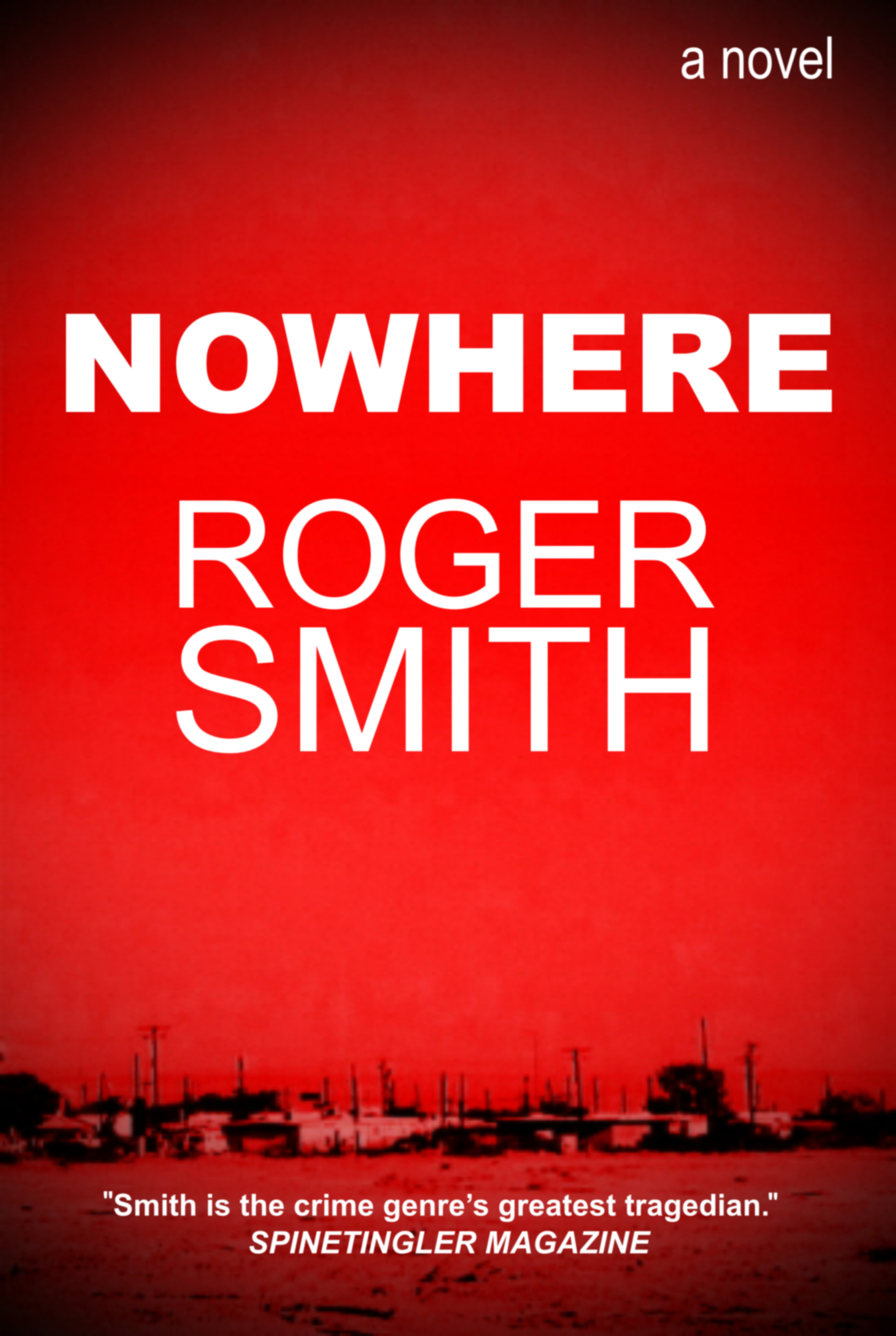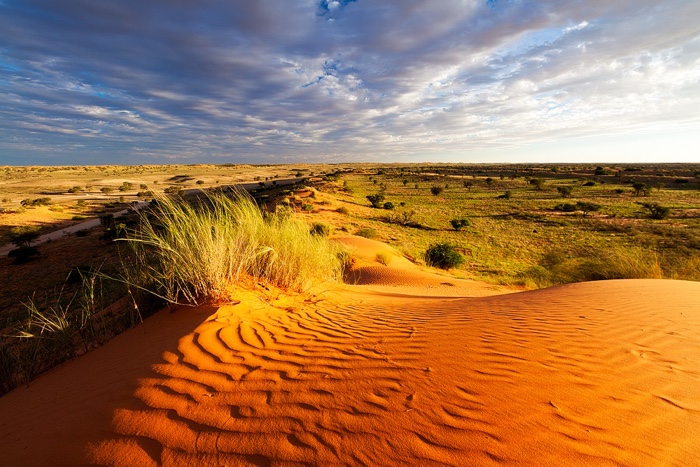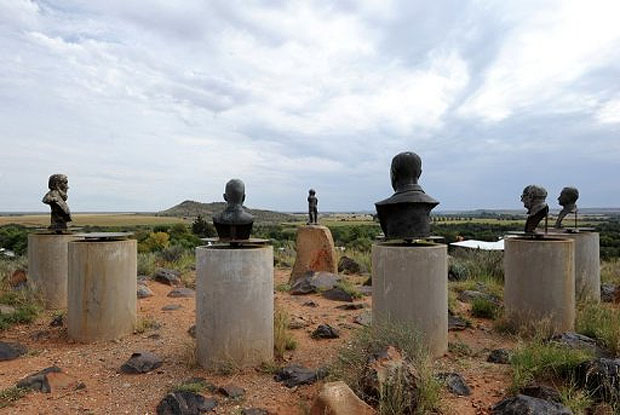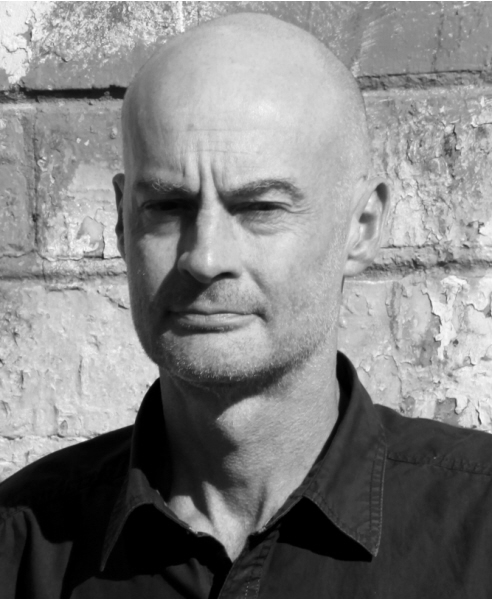African Scene: Roger Smith
The Insights of Crime Fiction’s Tragedian
Roger Smith is the master of South African Noir. His thrillers dig into the present and past of South Africa, and what the books come up with isn’t pretty. But they are enthralling and entirely believable. His fiction is published in eight languages, he has won the German Crime Fiction Award, and been nominated for Spinetingler Magazine Best Novel awards. Every one of his books is an important event. The latest one is NOWHERE. It opens with the president of South Africa—high on cognac—murdering his wife in their dining room. As the cover-up progresses, a variety of characters are sucked into the aftermath.
I asked Roger about the book and his feelings about the “new” South Africa.
You’ve been called “the crime genre’s greatest tragedian” and, indeed, there aren’t many happy endings in NOWHERE. Is this the way you see South Africa in the 21st century or is this how things are anywhere in the “real world”?
South Africa’s contemporary history is a tragic one: Apartheid, the giddy Mandela era when it went from pariah of the world to a role-model for transformation and then the rise of the cynical, corrupt regime that is in power now. Not a happy ending. Well, not yet—we can only hope . . .
The plot is complex—it seems to be following two different and intriguing threads, but toward the end we see how they are linked and why. Do you plan out the plot in some detail before you write, or do you see where your ideas and the characters lead you?
I always start with an image, something vivid that comes out of someplace deep and dark and grabs me by the throat. With NOWHERE it was the image of the president of South Africa murdering his wife with a spear in the dining room of his official Cape Town residence. I couldn’t shake this image even though I had no idea where it would lead, but in order not to go crazy I had to find out. And the only way I could find out was to start writing. And then Steve Bungu appeared, and Joe Louw. I knew I wanted to bring Disaster Zondi into my ensemble cast (I’d enjoyed writing him in Mixed Blood and Dust Devils) but he located himself in Pretoria about to be sent off to arrest a right winger in the Northern Cape. I had no clue how his story would intersect with those of Bungu and Louw, I just had to believe that the links would appear. That’s how it is for me: I don’t write outlines, I mostly never know how my books will end, I let the characters jump out at me and drag me along with them, deep into their desperate and messed up lives. I don’t have to think too much, just go along for the roller coaster ride.
Policemen Joe Louw and Disaster Zondi come from totally different backgrounds and never meet, yet they have much in common. Both are at the end of their careers—Louw because of a spiral generated by his wife’s death and a tragic shooting of a bystander, and Zondi because he won’t play the gravy-train game. Both are inherently honest, yet isolated. The center cannot hold?
An alternate title for NOWHERE could be “No Country for Honest Men.” Louw prided himself on being an honest and moral cop during the Apartheid years and after. He becomes corrupted in NOWHERE, not by greed or a lust for power, but out of his desire to protect a loved one. Zondi has paid the price for onetime zeal to use the law as a poultice to drain the poison of corruption. A misplaced zeal that has him booted from the elite investigative units, sidelined, scorned and left without promotion. He is a tired and jaded man, but he still has enough integrity left to disobey orders and try to bring the vile Magnus Kruger to justice.
Part of NOWHERE is set in a self-declared white homeland in the Northern Cape, led by an unrepentant white supremacist based on a true-life antihero—even down to his underwear. Yet he’s anything but comic relief; he has damaged everyone around him, his daughter the worst. Is the moral that nothing can survive in the wake of such a dangerously warped world view?
It’s true that when I created the white supremacist Magnus Kruger I borrowed quite liberally from parts of the life of the late unlamented Eugène Terre’Blanche (ET), founder of the neo-Nazi Afrikaner Weerstandsbeweging (AWB). The difference between Kruger and Terre’Blanche, is that Kruger (prior to the events in NOWHERE) has never fallen foul of the law, whereas, in the early 2000s, ET spent three years in prison for assaulting a petrol station attendant and for the attempted murder of a security guard. And, of course, in 2010 Terre’Blanche was brutally murdered by two young men who had worked on his farm.
Another telling difference between Kruger and Terre’Blanche is that ET seemed diminished once South Africa held democratic elections and he faded into relative obscurity, but Magnus Kruger remains a beacon of white supremacy after leading his followers on a trek into the Northern Cape desert where he founded a tragic little white homeland whose inhabitants still cling to the notion of Boer superiority.
But, yes, to answer your question, I believe the toxic belief system of the Krugers of the world is a kind of emotional Agent Orange that lays waste to everything around them, not least their personal relationships.
Steve Bungu is fixer-at-large for the ANC. Tortured by the Apartheid regime for his principles, he now has none left. It is he who formulates the plan for the cover up after the president of South Africa kills one of his wives in a fit of rage. He callously shoots a harmless witness and bystanders who might threaten his plans. He has his own agenda too. Louw’s son is even worse, yet both have their demons. Do you see even your worst villains as people who could have been heroes if things had turned out differently?
Well, Steve Bungu was a hero, earlier in his life. As a young man he was a student who loved Samuel Beckett and had ambitions to become a playwright. Then his life was turned around by his battle against Apartheid, when, after a devastating period of torture and detention, he went from being an idealistic pacifist to a stone killer. So, the Bungu of today, as damaged and brutal as he is, still, I think, elicits some sympathy.
Leon Louw, on the other hand, is just a common-or-garden sociopath. Nothing heroic about him.
You have a broad spectrum of writing interests. What’s next?
Last year I decided to spread my wings a little and write an espionage novel set in Europe, the U.S., Asia and the Middle East—not one South African in sight. The book has been very enthusiastically received by my European publishers and I’m busy with another. But there’ll be more books set in South Africa down the line.
- International Thrills: Femi Kayode - March 29, 2024
- International Thrills: Shubnum Khan - February 22, 2024
- International Thrills: Why Read African Thrillers? A Year in Review - December 15, 2023




